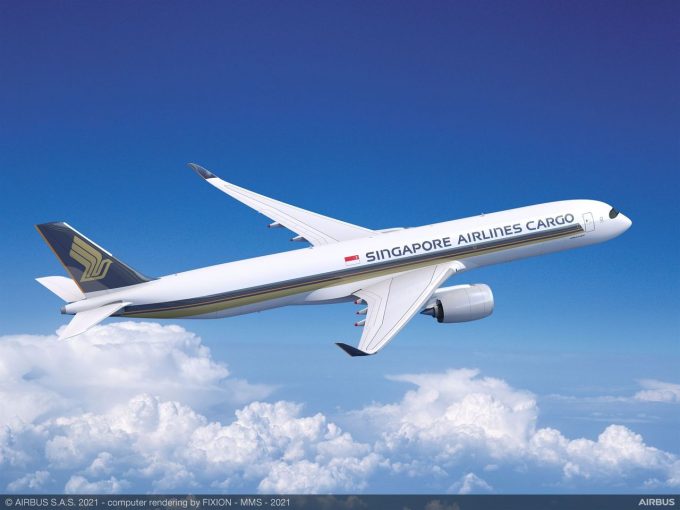Airbus heavylift airline demise raises questions over solidity of business plan
The sudden demise of Airbus’s relatively short-lived cargo airline specialising in outsize shipments, Airbus Beluga ...

Singapore Airlines Cargo is betting on Airbus: the carrier has become the third to order (but will be the first to operate) the A350 freighter, with a letter of intent for seven and options for five more.
Deliveries are scheduled to begin in the fourth quarter of 2025.
The deal includes a swap with 15 A320neos and two A350-900 passenger aircraft, which are in the group’s orderbook. The carrier said the swap “allows SIA to manage its capital expenditure, while continuing with ...
Asia-USEC shippers to lose 42% capacity in a surge of blanked sailings
USTR fees will lead to 'complete destabilisation' of container shipping alliances
New USTR port fees threaten shipping and global supply chains, says Cosco
Outlook for container shipping 'more uncertain now than at the onset of Covid'
Transpac container service closures mount
DHL Express suspends non-de minimis B2C parcels to US consumers
Zim ordered to pay Samsung $3.7m for 'wrongful' D&D charges
Flexport lawsuit an 'undifferentiated mass of gibberish', claims Freightmate

Comment on this article